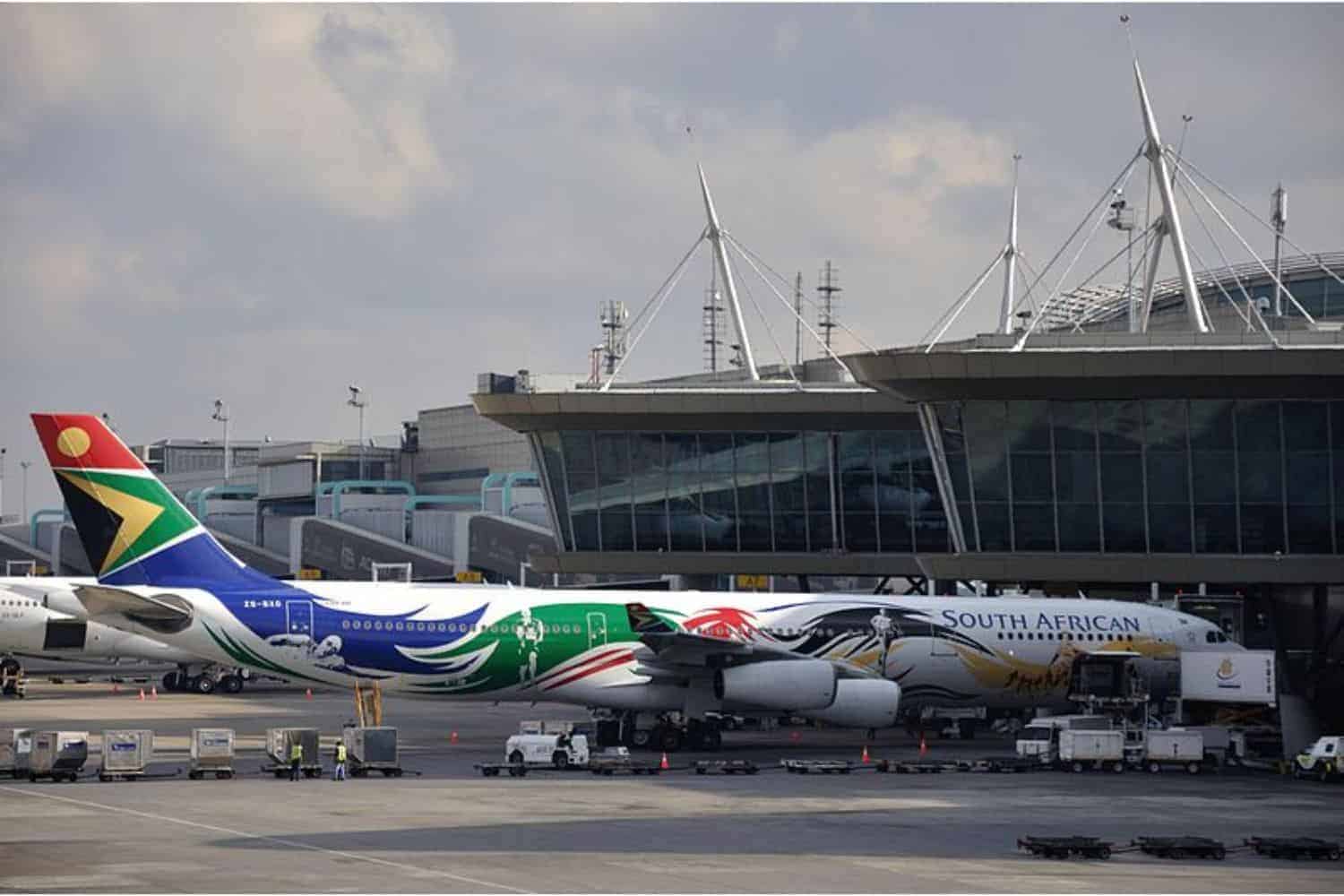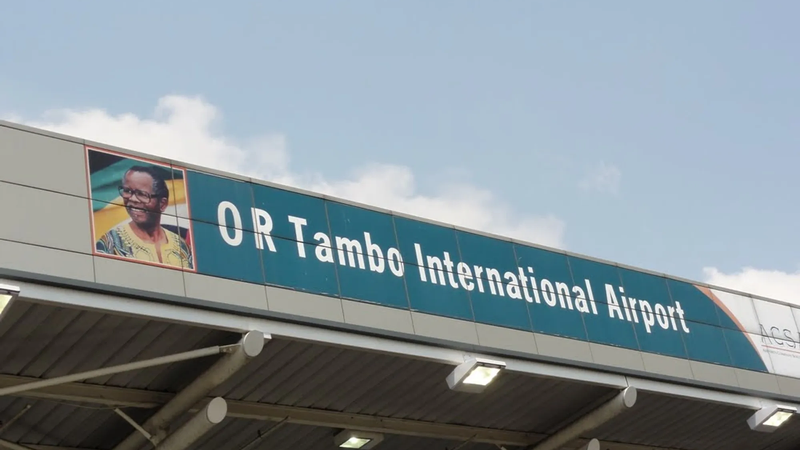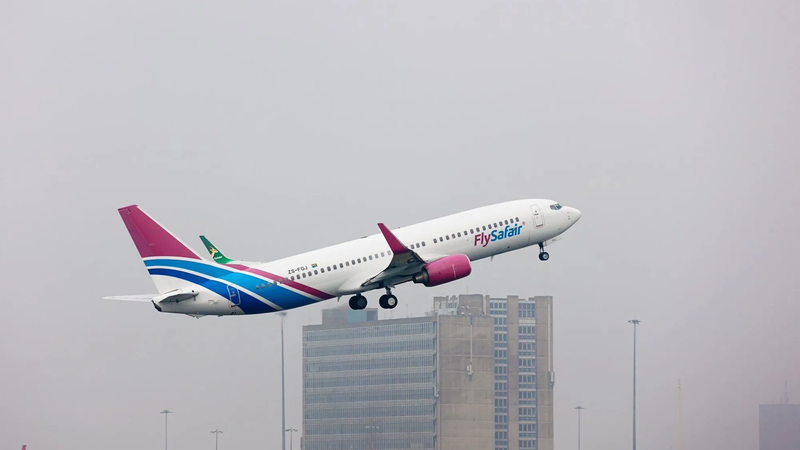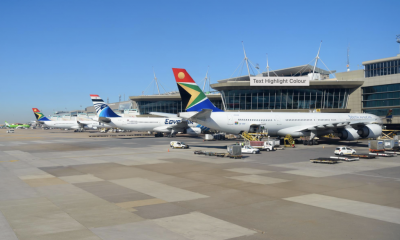411
Acsa’s Jet Fuel Master Plan to Be Ready by April: OR Tambo Receives 24 Million Litres Weekly

The Airports Company South Africa (Acsa) has announced that its comprehensive jet fuel master plan will be finalized by April 2024. This comes in response to recent supply disruptions and infrastructure failures that have hampered refuelling operations at major airports, including OR Tambo International Airport.
Recent Challenges Prompt Action
In December 2023 and January 2024, three jet fuel supply incidents disrupted operations at South Africa’s busiest airports. These incidents, caused by infrastructure failures, prompted an oversight visit by the Portfolio Committee on Transport. During the visit, Acsa CEO Mpumi Mpofu presented the entity’s plans to address these challenges and ensure a reliable fuel supply.
Key Elements of the Jet Fuel Master Plan
The five-year master plan, currently under development, aims to:
- Assess Jet Fuel Supply Requirements: The plan will evaluate the fuel needs of each airport based on traffic forecasts and aircraft types.
- Identify Bottlenecks: It will review the hydraulic capacity of each sub-system to pinpoint and address inefficiencies.
- Enhance Collaboration: Acsa plans to work closely with stakeholders across the value chain to ensure informed decision-making and business continuity.
OR Tambo’s Jet Fuel Supply
OR Tambo International Airport, South Africa’s largest and busiest airport, relies heavily on the New Multi-Products Pipeline (NMPP), operated by Transnet. The pipeline transports refined petroleum products from Durban to Gauteng.
Currently, OR Tambo receives:
- 24 million litres per week from the National Petroleum Refiners of South Africa (Natref).
- 2 million litres per week via railcars.
To manage this supply, the airport uses two 10-million litre storage tanks located in Jameson Park, enabling the receipt of over 20 million litres of jet fuel weekly via the NMPP.
Immediate Mitigation Measures
To address immediate risks of fuel shortages, Acsa has introduced emergency stock storage for airport operators. Additionally, the entity is exploring options to:
- Relocate fuel storage tanks outside airport grounds to increase capacity.
- Procure a dedicated jet fuel supply pipeline for OR Tambo.
Acsa’s Current Capabilities
Acsa’s existing infrastructure can process 2 billion litres of jet fuel annually, with the ability to pump out 5.6 million litres daily using pumps that operate at up to 12,000 litres per minute. Storage capacities across Acsa’s nine airports range from 80,000 litres to 3 million litres, allowing the refuelling of up to 23 aircraft simultaneously.
Portfolio Committee’s Response
Donald Selamolela, Chairperson of the Portfolio Committee on Transport, expressed satisfaction with Acsa’s presentation. He highlighted the importance of the ongoing infrastructure improvements in ensuring fuel supply security.
“They are already rolling out infrastructure to resolve challenges around fuel availability. This will go a long way in resolving issues of security of fuel supply in the medium term,” Selamolela stated.
The completion of the jet fuel master plan by April marks a critical step in addressing South Africa’s aviation fuel challenges. By identifying bottlenecks, enhancing storage capacity, and improving collaboration with stakeholders, Acsa aims to ensure a reliable and efficient fuel supply for the country’s airports.
For OR Tambo and other major airports, these measures will help mitigate the risk of future disruptions, ensuring smoother operations and better service for passengers and airlines alike.
Follow Joburg ETC on Facebook, Twitter , TikTok and Instagram
For more News in Johannesburg, visit joburgetc.com

























